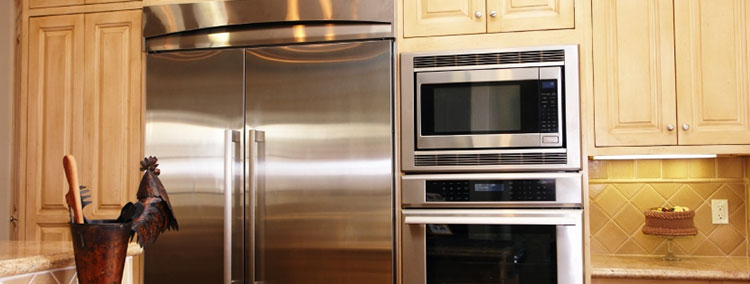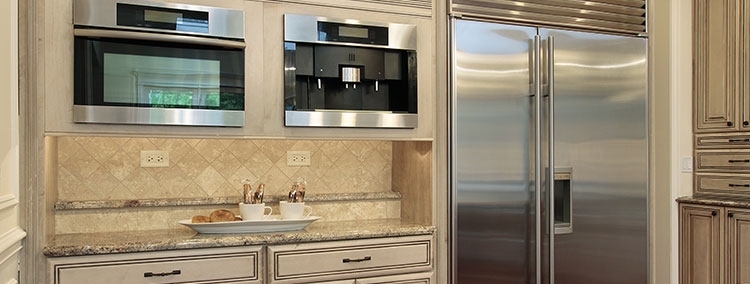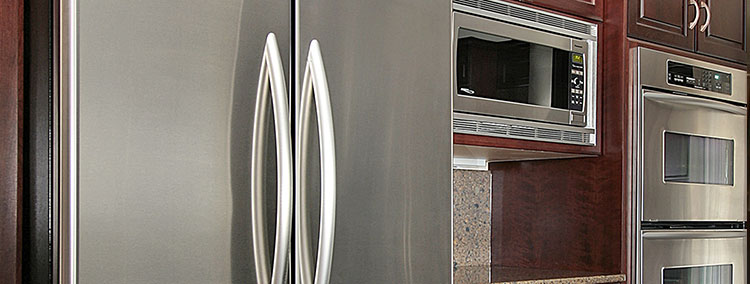The refrigerator has made life easier for decades, and it’s up to you to take care of it and correctly put food away. This is because not doing so will increase your chances of getting sick and shorten the refrigerator’s life. You don’t want this, do you?
There is also the risk of the fridge breaking down regularly. You have to keep hiring appliance repair professionals to fix it.
There are many things you need to be cautious of, like putting food in the right container and ensuring the fridge stays at the right temperature.
To help you out, here are five mistakes you shouldn’t make when putting food in the fridge:
Failing to cover the food
The most common reason people will fail to cover the food as they put it in the fridge is that they are in a hurry. They will also fail to do it because they don’t want or they have the impression that covering it will get it spoilt.
To stay safe, you should always cover your food as you put it in the fridge because open food is more likely to get bacteria and can also get contaminated by raw meat or other uncooked foods in the refrigerator. As you can guess, when you eat contaminated food, you will most likely suffer from food poisoning. And you don’t want this, do you?
The good thing is that you don’t have to do much to cover the food. Simply put the food in a container that won’t let air in or wrap it in plastic.
Putting more food than the fridge can carry
The other mistake many people make is storing more food than the fridge is designed to carry. Yes, there is the temptation to stock all the supplies you get from the grocery store in the refrigerator, but it’s not a good idea to pack the shelves too full.
When you overstock your fridge, you shorten the time your food will last and reduce the refrigerator’s efficiency. Remember that to keep your food cool, your fridge needs to distribute the cool air throughout the appliance.
When you fill all the shelves, you even block the air vents, which prevent the cool air from circulation, and as a consequence, the food gets spoilt.
Just store the right amount of food inside to protect your appliance and avoid overstocking. Regularly cleaning your appliance is a great way to ensure that you don’t overstock it. At least once a week or before you head to the grocery store, remove all the items from the fridge and only put back what hasn’t expired.
Washing fruits and vegetables before storing them
You might think you are being tidy and hygienic when you wash your fruits and vegetables before putting them in the fridge, but this isn’t the right thing to do. This is because when you wash these items, you introduce water to the food.
This can lead to the growth of bacteria, which is bad for your health.
Instead of washing the fruits and vegetables before you store them in the fridge, you should wash them right before you cook or eat them.
If you want to rinse them before putting them away, ensure they are completely dry.
Using the wrong storage containers
As mentioned above, you should always store leftover food in a container that keeps air out. If you don’t, the food will go bad, and your fridge will smell funny. Don’t keep your leftovers for too long, either.
One of the biggest mistakes people make is to store the food in their original packaging. This is wrong. The right way to go about it is to use the above-mentioned containers. If you are using the original packaging, ensure it’s airtight so that moisture doesn’t get in.
Parting shot
These are some of the mistakes you should avoid making to protect your appliance from breaking down too often, and you are forced to hire a refrigerator repair Northern VA expert. Avoid these mistakes, and you will have a long-lasting appliance and a highly efficient unit.


